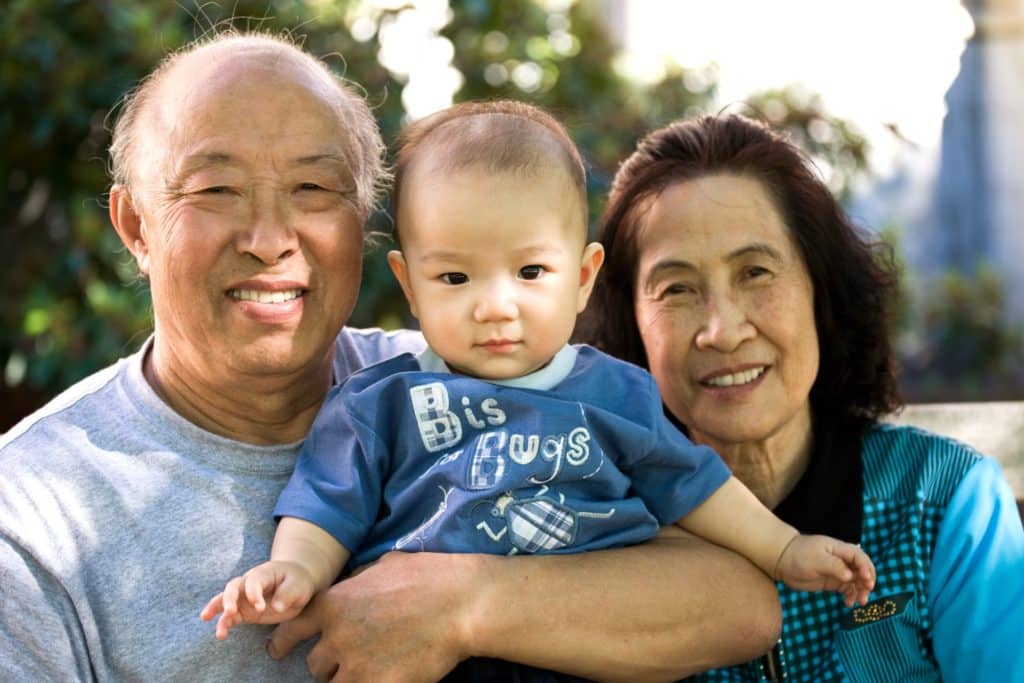It is not unusual today to see grandparents raising their own grandchildren. Legal documents will be needed, according to the article “Grandparents Raising Grandchildren” that appears in the Record Herald. Most importantly, without the correctly prepared legal documents, grandparents will not be able to enroll the children in school or make important medical decisions on their behalf.
There are some options available to give grandparents the legal authority needed to make decisions, as they rear their grandchildren.
Grandparent Power of Attorney. If the parents of the child are living and their whereabouts are known, the parents and grandparent may execute a document known as a grandparent power of attorney. This allows the grandparent to legally manage a number of tasks:
- Enroll the child in school
- Obtain educational and behavioral information about the child.
- Consent to all school-related matters, like trips, after-school activities, etc.
- Consent to any medical, psychological or dental treatment for the child.
A grandparent power of attorney needs to be signed by the child’s parents, signed by the grandparents, be notarized. Check with your local school system to see if they also require a Court Order. It is possible that the local Orphans’ Court of other Court of with power of guardianships will need to be involved. Also, check with your health insurer to see what will be needed for the children to be covered on insurance.
A grandparent Power of Attorney is temporary, and it can be revoked at any time by the child’s parents. A Court Order may provide more stability if parents are not able to handle raising a child.
Caretaker Authorization Affidavit. For temporary placement, if the child is living with the grandparent and the grandparent, a parent may execute a caretaker authorization affidavit. This could allow the grandparent to:
- Exercise care, physical custody, and control of the child.
- Enroll the child in school.
- Discuss the child’s educational progress with school officials.
- Consent to medical, psychological or dental treatment for the child.
This document must be signed by at least one parent and notarized. The caretaker authorization affidavit is also temporary and terminates when the child no longer lives with the grandparent.
Legal Custody Proceeding. For a grandparent to obtain permanent custody of a child, grandparents need to file a complaint asking for legal custody to be granted to them. This is more permanent, and also the most difficult option to obtain. An award of legal custody to the grandparents gives them the same rights as the parents while, at the same time, removing the rights of the child’s parents. The person who has legal custody may make all important decisions for the child, including educational and medical decisions. Generally, it is difficult to win a case against a parent, unless you can demonstrate some showing that the parent is not capable or is unfit.
If you are considering seeking full legal custody of a grandchild or grandchildren, speak with an attorney who will be able to explain the process that takes place and the larger circumstances. Make sure that you have an estate plan, including a will that names a legal guardian for your grandchildren, so a person you know, and trust will be able to take over as their guardian. For Grandparents raising Grandchildren, you may also need to set up a trust or make them your heirs, so there will be money for their support and education.
Reference: Record Herald (Feb. 26, 2019) “Grandparents Raising Grandchildren”


